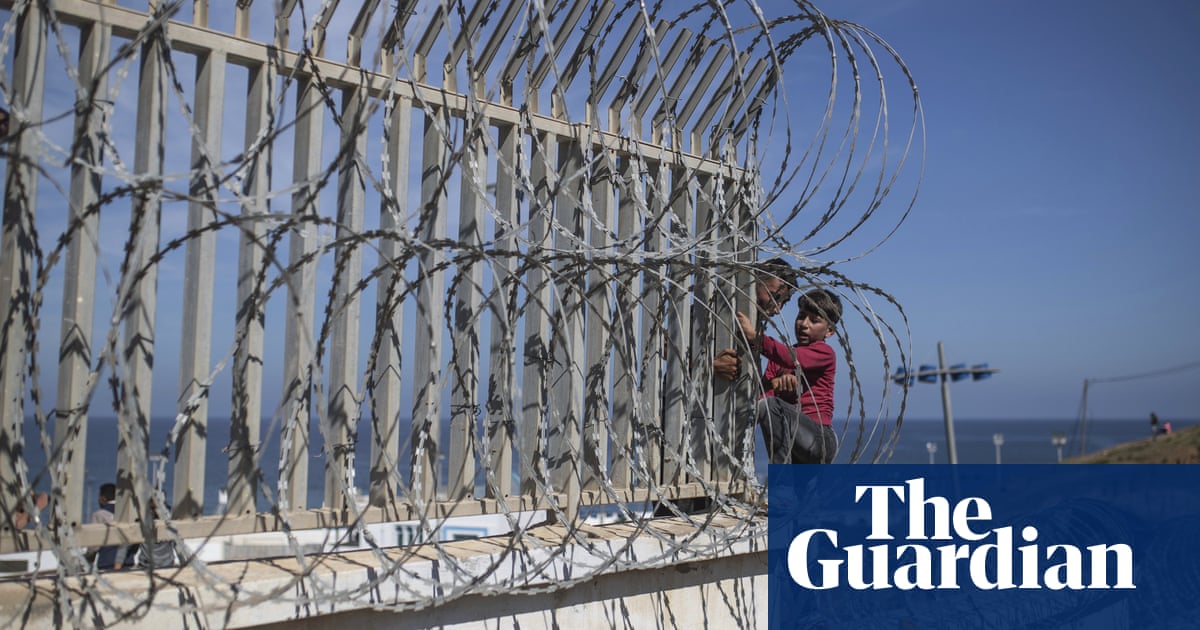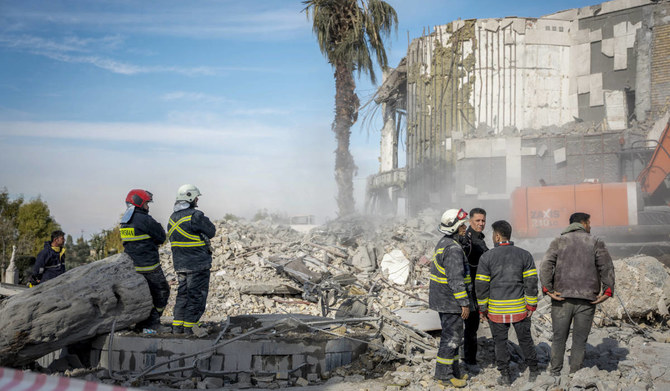
A 25-year-old from Cameroon has filed a complaint to the UN against Spain, accusing the country of multiple violations of the convention against torture in hope of seeking justice after an incident in 2014 during which at least 15 people died while trying to enter Spanish territory from Morocco.
“A decade has passed and still not a single person has been held accountable for the death and injury of so many,” said the man, who asked to be identified by the pseudonym Ludovic.
While three judicial investigations were opened into the events, all of them were archived without hearing testimony from the survivors or the families of the victims, said Ludovic. “The violence at the border on that day continued in court, where we were also not treated as humans,” he added.
Ludovic said he was 15 when he joined about 200 people trying to make it to the Spanish enclave of Ceuta from Morocco. By then he had been living rough as an unaccompanied and undocumented minor inthe north African country for about 18 months.
Despite not being able to swim, he said, he attempted to make it around the human-made breakwater that straddled both countries. As he clung to the breakwater with one hand and paddled forward with the other, he said he heard shots ring out and saw police spraying teargas.
Spanish authorities later said that the Guardia Civil had fired rubber bullets in an attempt to repel those trying to make it across. At least 15 people died and several more were injured.
Ludovic said he kept pushing towards Spain despite the police efforts to deter him. A Guardia Civil officer struck him on the arm with a baton, he said, tearing his skin.
Bleeding and struggling to breathe amid the teargas, he said it made it on to Spanish soil, only to be pushed back to Morocco alongside 23 others. At no point was he offered medical aid, translation or legal assistance, he said.
Spain’s then interior minister, Jorge Fernández Díaz, said the agents did fire rubber bullets but “at the water, not at people” and denied that the actions of the police had played any role in the deaths.
In 2019, after initially archiving the case twice, an investigative judge said a preliminary investigation had been opened into the actions of 16 Guardia Civil officers amid accusations of reckless homicide and failing in their duty to help.
By this time Ludovic had made it back on to EU soil, settling in Germany where he was granted protection. As he embarked on an apprenticeship as an electrician, he was in contact with NGOs to express his interest in testifying to the Spanish courts as a survivor.
Eventually the judge agreed to his testimony, though the hearing was abruptly cancelled without a full explanation and never rescheduled, said Ludovic. The case was archived soon after. No officers were ever convicted.
His complaint to the UN committee against Torture, which has called on Spain to reopen the investigation into the incident, cites his ill-treatment at the border, as well as his expulsion to Morocco and the failure of authorities to investigate his case.
The complaint was filed with the support of the European Center for Constitutional and Human Rights (ECCHR). On Wednesday, the Berlin-based NGO described the Spanish enclaves of Ceuta and Melilla as the “European laboratory of border rightlessness” and pointed to the fact that the bodies found off the former’s Tarajal beach had never been identified.
Hanaa Hakiki, a senior legal adviser at the ECCHR, said: “The Playa del Tarajal deaths are emblematic of Europe’s racist deadly border policies and the complete disregard for Black lives in particular.”
Sani Ladan, from the immigrants rights organisation Asociación Elin, argued the “impunity” over the 2014 deaths in Ceuta had helped to lay the groundwork for what had come to be known as the Melilla massacre – the mass crossing in which at least 37 people died in 2022.
“With the Tarajal case, we thought that we had reached the peak of what could happen at the border,” he said. “But then came the Melilla massacre.”
Meanwhile, Spain’s ombudsman, Ángel Gabilondo, joined the chorus of voices who have expressed concerns in recent months about the conditions in which about 400 people seeking asylum were being held at the Madrid airport.
The asylum seekers had been left to wait in “unacceptably overcrowded and unsanitary conditions” after requesting international protection upon arrival, Gabilondo said.
He cited a room where women and some of the children had been transferred while waiting for their entry into Spain to be either granted or refused. The room lacks beds, access to telephones and basic furniture such as chairs and tables, forcing people to sleep on mattresses on the floor and choose between eating on the floor or on mattresses, he said.
“The only shower has been out of service for two weeks, they lack basic hygiene kits and feminine hygiene products,” he added.












